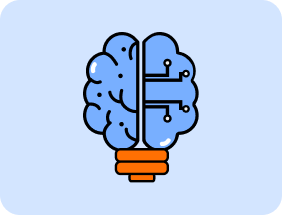- Home
- Solutions
- Join Community
- Methodology
- Limited Offer
-
Pricing
- More
What is the Activity?
The Video Analysis Presentation activity engages learners in critically evaluating a video of their choice. Learners select a publicly accessible video, such as a documentary, educational video, interview, or commercial, and focus on one aspect, including visuals, audio, structure, message, emotional appeal, persuasive techniques, or cultural context.
They analyze the video’s main message, techniques used, effectiveness, and potential biases while supporting insights with examples. The activity emphasizes structured evaluation, critical thinking, and reflective analysis. Learners summarize findings in a report or presentation, answering AI-generated critical thinking questions to deepen understanding and enhance their ability to communicate observations clearly and meaningfully.




 Individual
Individual
 Learner
Learner Mentor
Mentor Organisation
Organisation
 Learner
Learner Mentor
Mentor Organisation
Organisation






